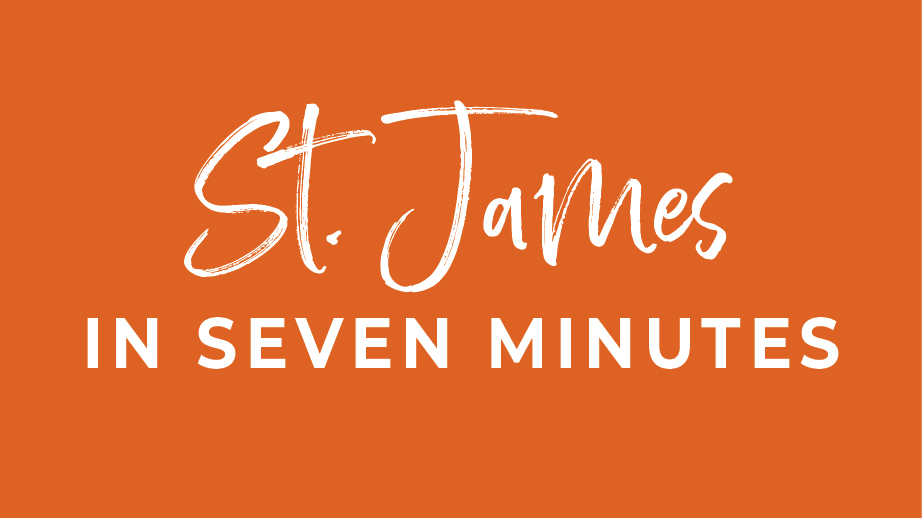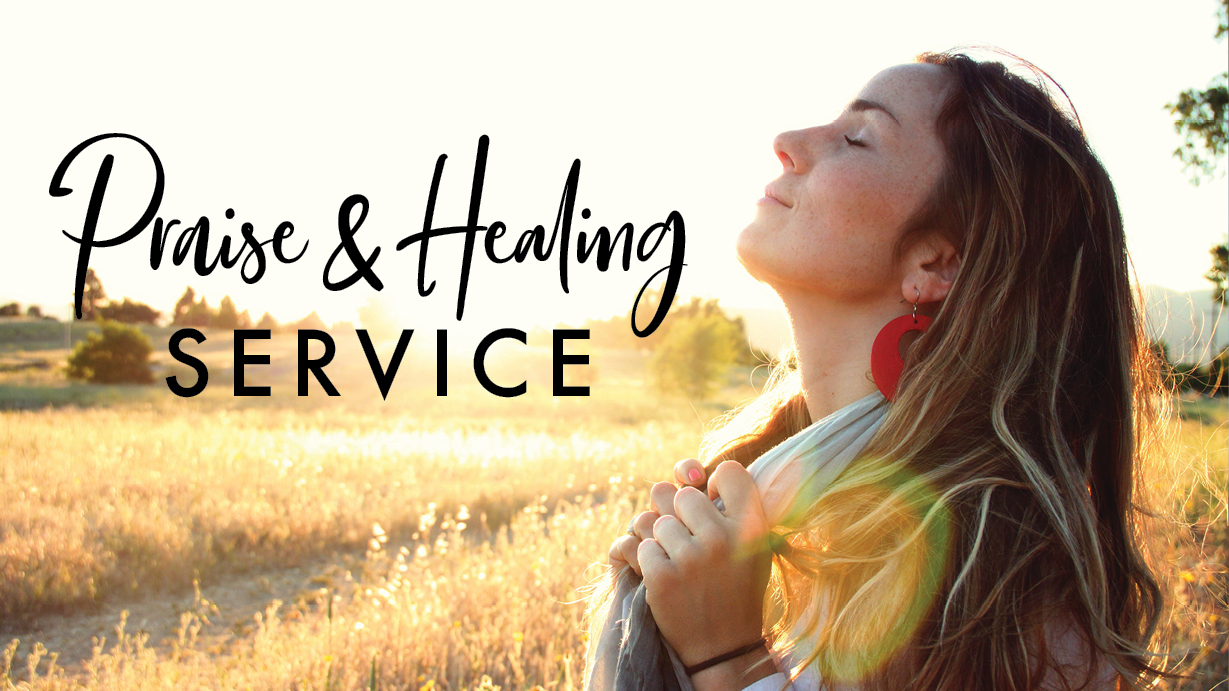Choosing and Living in Community:
For Better or For Worse
By Maryl De Milo
You are who you hang out with… so the saying goes. That’s a scary thought sometimes because we have no control over how the other person behaves acts or reflects us. There is something about our communities that shape us, change us, and lead us.
I recently picked up a cold brew coffee at the store for a quick pick me up and I noticed an invitation to join their online community. Even my coffee has a community! What if I said yes to every invitation to every party and every community? I’m not even cool enough to pay for first-class, let alone be invited to some strangers coffee community that I have nothing but consumption to contribute to their shared group.
So I wondered…what would draw me into a community? Why would I join with my limited time and energy? What do I have to offer and what could I receive?
The word community is thrown around a lot and it seems general to me. What does it actually mean? While this question could have a myriad of responses rooted in experiences or desires, I want to talk about the basic idea of belonging with each other in Christ and what it could look like.
We all are wired for relationships and want to be around people that we feel we belong to.
I think we are looking for some key things when we choose (consciously or not) a group to belong to. Just because we belong to a “group” whether that is a small group, bible study, club, team, congregation, political affiliation, neighborhood….you get the idea… a collective group of people that have a uniting bond. There is something about that particular group that we are longing to gain or be close to. But what is it and why should we stay? Many people are unhappy with their community because they lack the connection they desire. They don’t feel valued, heard, needed, or fed in ways that are meaningful to them. To actually have a sense of belonging in a community we need to have more than association and an online email address connected to the coffee facebook page.
What is the more? We have some commonalities but is that really belonging?
Shared Presence.
Having all the parts of me including my experience, my process, my pain, my joy, and my relationship with God received and accepted by my community is vital. I get to be my own person and also have people present to my life even in our differences. I give them the same presence where they get to be themselves. I believe this is the beginning of belonging in community.
I once listened to a friend painfully describe how she felt left out of her life group because she and her husband were the only ones without kids. Their life stage alienated them from feeling connected to the group as they were themselves. The discussions and spiritual topics seemed to gravitate towards raising kids and how it affected their marriage. Through tears, she told me, “I have been there for 3 and half years and still don’t feel like I belong.” No one would stop and ask them how they were experiencing their life and when they would share everyone seemed to lack presence and engagement in their life.
A sense of belonging comes from being welcomed and at home. Where you feel the “these are my people and they get me.” So often feel like we have to be with people who are similar to us, look like us, same life stage, education, etc. Yet, it is often extremely limiting to our development and expansion when we just interact with ourselves; it is actually a little redundant. Belonging doesn’t mean the same.
So, ask others about their experience and about what is hard for them right now. Joining the people you are with (not just physically but emotionally and thoughtfully) whether you think you have anything in common and you will be surprised.
Shared Purpose.
I remember a mentor of mine named Richard told me about an experience he had when he was in his early 50’s preaching the gospel with a team of missionaries in another country. The people sneered at them, spat at them, and insulted them; it was a painful experience for the whole team. And yet when Richard looked at his friend Tom there was a uniting sense of purpose that made them feel close. They shared the purpose of communicating God’s love to those that needed to hear it. He reflected that he felt closer to Tom and those missionaries in those few months than he did with 25 years of sharing cake on Sunday with his church family. The depth and purpose made the difference. Knowing what a family, friend group, community, or church purpose is, bonds the group together. We grow together when we have a shared purpose. That is the gift of the Kingdom of God. For we were all baptized by one Spirit so as to form one body—whether Jews or Gentiles, slave or free—and we were all given the one Spirit to drink. 1 Corinthians 12:13 (NIV)
Shared Restoration.
We heal in community.
“Therefore confess your sins to each other and pray for each other so that you may be healed,” James 5:16.
Our wounds don’t have to be the same, but we listen, confess, and seek each other’s goodness. Choosing a community that lifts us up, is part of our healing, and wants to see our lives grow with God is essential.
By restoration, I don’t mean going around fixing each other, there is a difference. Fixing someone is usually about my own anxiety with their process, my need to feel important, or to try to manage myself. If I can make your theology better, give you advice, solve your problem…then I won’t feel anxious or I will feel important etc. We all have those impulses, we just need to be aware then they come up and redirect our thinking. When I feel overwhelmed by someones story or a need to fix, I remember that they belong to God and I can have healthy boundaries and that their life is in their hands. I can be part of the process when its uncomfortable for me but I watch out for toxic tendencies and not participate in those.
Restoring someone often is just listening to there stories and praying for God’s work in their life to be deeply rooted. The goal of the Christian life is to be with God and invite others into the process. We heal when we pray together.
We can help restore by:
- Sometimes we do offer a thought, tentatively of course.
- We ask them if they would like some ideas.
- If we can pray (but we watch our fixing language because it can sneak in there)
- We listen (and watch our facial expressions for non-judgment)
- We encourage, we give people courage through our words of hope.
Shared Companioning.
Joining someone on the journey is a communal lifestyle. The Holy Spirit is our companion, our counselor, our wisdom, and he is Christ revealed to us.
We need each other, differences and similarities alike.
We have fun together, cry together, and listen to each other in their process. Stop labeling what people talk about as good or bad because judgments like that shut us down or make us put our walls us. Companioning others is working towards staying connected and loving them as they are and encouraging them to pursue the truth of God in their lives. We are not the moral police. There is a place for the confrontation of sin and unhealthy behavior but our snap judgments are what get us in trouble.
Instead, ask open-ended questions:
- What was that like for you?
- How did it end?
- What are you experiencing about (________)?
Affirm peoples responses:
- Give non – verbal cues like nodding and compassionate facial expressions
- Saying, “that makes a lot of sense or I can see where you are coming from” is helpful.
- Avoid lecturing or advice-giving (you are not the boss of them)
Our reasons for choosing a community vary by seasons and by life circumstances, personalities, narrative, preference, personal goals, and a myriad of other reasons. But where we find ourselves is where God is. Taking inventory of what your community is like and how you are particularly called to honor, restore, companion, and belong with them is the task. I invite you to consider your communities you find yourself in and make the choice to be generous with your heart, your thoughts and companion them in love. After all, what else is there left to do but to love.
Assess your community:
- What do I need from them?
- What can I give to them?
- Where are WE going and what makes me sure of that?
- Who is the WE?
Questions for Reflection:
- Where are you at with your relationships?
- What are the reasons you have chosen your community group?
- What is missing?
- How can you look for it in new ways?
Practice… we have to DO IT!
Ask one person in your community to tell you their story this week.
Notice what your reactions were? What impulses did you have to give advice or to judge what they were saying?
Ask yourself after you heard their story where God was in it?
How would Jesus pray for this person?
Spend 5 minutes praying for them.







Leave A Comment